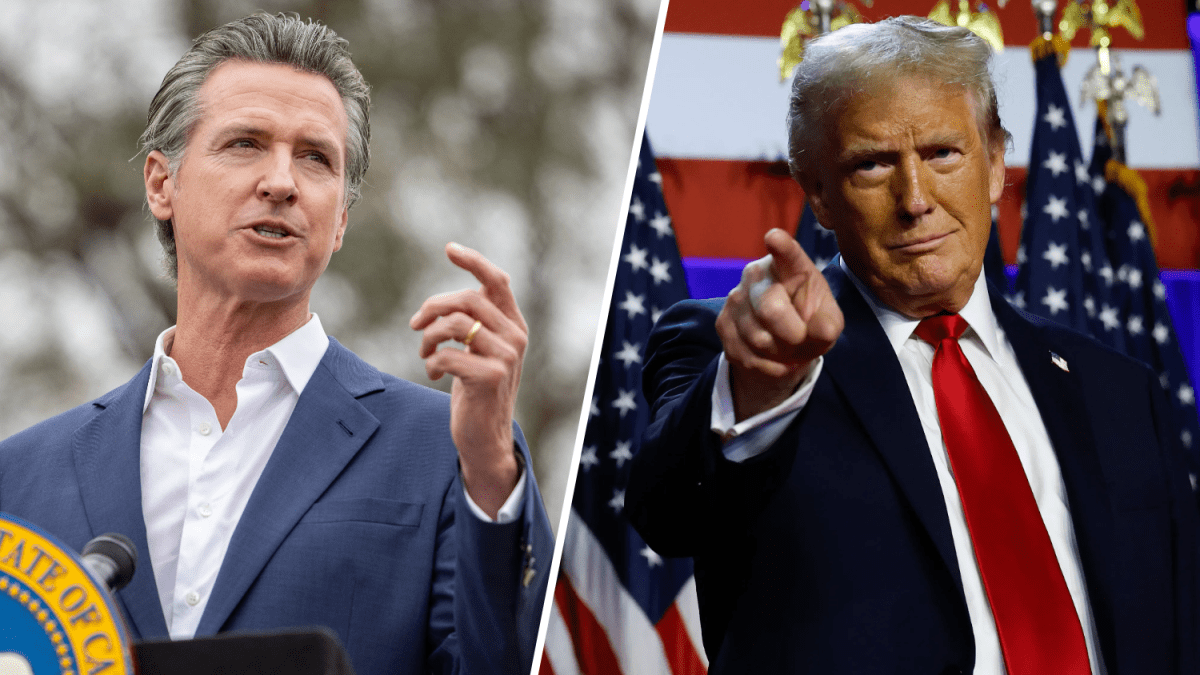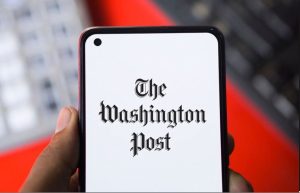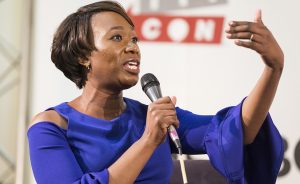As the United States looks ahead to the 2028 presidential election, new polling data from Emerson College reveals a dynamic and increasingly uncertain political landscape. The survey sheds light not only on early frontrunners and public sentiment but also on growing concerns surrounding President Trump’s second-term performance and the broader direction of the nation.
Trump’s Approval Rating and National Sentiment
President Donald Trump, now in his second term, has seen his approval rating dip from 49% at the start of his renewed presidency to 45% over the first five months—a noticeable four-point decline. While some fluctuation in approval is typical for any administration, this downward trend signals deeper voter dissatisfaction with the current trajectory of the executive branch. According to the poll, 46% of respondents disapprove of Trump’s performance, while 9% remain undecided, underscoring a highly polarized electorate.
Beyond approval ratings, the broader perception of national direction presents additional concern for the administration. The poll shows that 52% of Americans believe the country is moving in the wrong direction, compared to 48% who think it is headed the right way. Historically, this “right track/wrong track” metric has proven to be a strong indicator of future electoral outcomes, often more so than approval numbers alone. It reflects not just opinions about the president, but broader anxiety about the nation’s future, economic stability, and global leadership.
Foreign Policy Under Scrutiny
A key issue affecting public opinion is the administration’s recent handling of international conflicts, particularly with Iran. The decision to launch missile strikes on Iranian nuclear sites has sparked considerable debate among both lawmakers and the public. While some voters view the strikes as a firm and necessary stance against nuclear proliferation, others see it as a provocative move that risks igniting a broader Middle Eastern conflict.
Iran’s retaliatory rocket attacks on U.S. military positions in Qatar have only intensified public concern. Critics argue that the administration’s approach may lack a long-term strategy, and fear it could entangle the U.S. in yet another prolonged foreign engagement. Compounding these concerns are reports that several U.S. allies were not adequately briefed ahead of the missile strikes, raising questions about coordination and trust in international partnerships.
Outlook for 2028
With the next presidential election on the horizon, both Republican and Democratic strategists are closely monitoring these shifts in public sentiment. The data suggests a volatile electoral climate, where public opinion remains fluid and susceptible to domestic and international developments. While President Trump still commands strong loyalty from a significant portion of his base, declining approval, divisive foreign policy actions, and concerns about national direction may open the door for challengers—both within his party and across the aisle—as the 2028 race begins to take shape.

Sarah Mitchell is a bestselling novelist recognized for her insightful and emotionally resonant stories that explore the complexities of human relationships. Originally from Denver, Colorado, Sarah grew up in a family of teachers who nurtured her curiosity and love for storytelling. She studied psychology at Stanford University, where she became fascinated by the intricacies of human behavior—an interest that would later shape her writing career. Sarah’s novels are praised for their nuanced characters, intricate plots, and ability to capture the subtle tensions that define love, friendship, and family ties. Her breakthrough novel, The Spaces Between Us, became an instant bestseller, lauded for its honest portrayal of strained family relationships and the fragile bonds that hold people together. Since then, she has published several works that continue to captivate audiences around the world. Outside of her writing career, Sarah is passionate about mental health advocacy and often partners with organizations to promote awareness and support for those struggling with emotional well-being. Her personal life is quieter—she enjoys hiking in the Colorado mountains, practicing yoga, and spending time with close friends. With each new book, Sarah Mitchell cements her reputation as a writer who illuminates the beauty and struggles of human connection.









